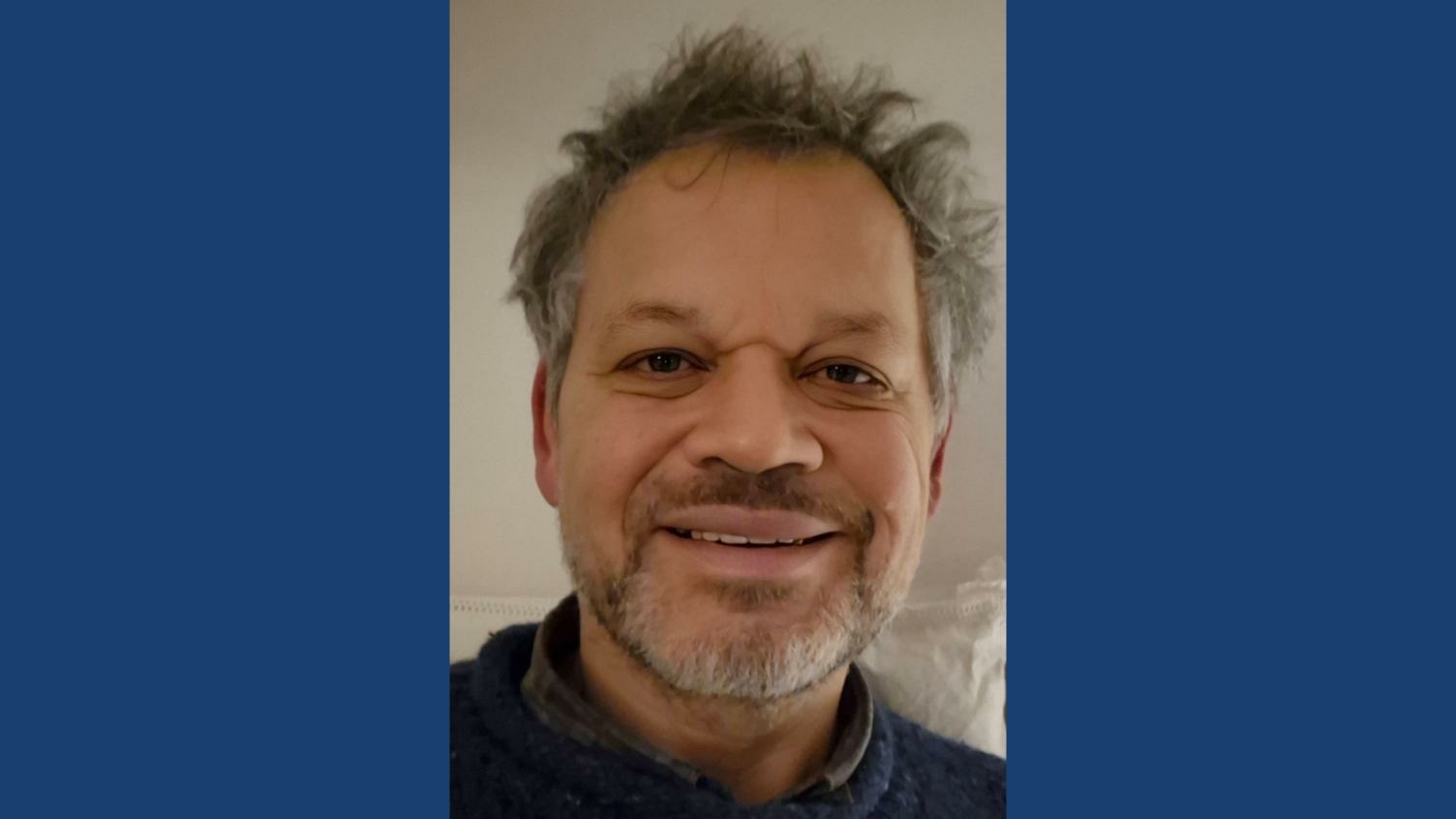Mariusz on ten years of working in south London research
- 30 November 2023
- 3 min read
Mariusz on ten years of working in south London research.
Read about Mariusz Marcinkowski's path in research.
We spoke to Mariusz Marcinkowski, R&D Performance Manager at Guy's and St Thomas' NHS Foundation Trust (GSTT), about his research career for the NIHR's Shape the Future campaign. The campaign aims to celebrate and recognise NHS staff who make research possible.
How did you first get involved in research?
Years ago, I started a job as a Clinical Research Facility Receptionist as I am a curious and helpful person. My responsibilities soon multiplied. Taking on additional tasks was noticed by my management. In return, they tutored me, which was crucial in pushing my career forward. After a few months, I had my first promotion in the NHS (one floor and two bands up). Since then, I have grown my roots in the GSTT Research and Development Department, although in the meantime, I have changed posts a few times.
What is your role in research, and how do you support research delivery?
Currently, I work as a Research and Development Performance Manager. My main objective is to navigate through our key performance indicators, which include our internal objectives and those from the NIHR. I also develop tools to aid our research managers, research matrons, governance team and directors in meeting them. Tools vary from providing required data, training or email reminders.
What has been the highlight of your research career so far?
For me, moving to Guy's and St Thomas' NHS Foundation Trust was the highlight of my career. Before starting my career in research, for about ten years, I had never stayed in one job for more than a year. Every new job was usually the start of a completely new profession. I have worked as a cattle farm manager, shift manager for a large food manufacturer, chef, shop owner and a few other roles. I managed those different roles quite well. I moved a lot looking for my place until I started my role in research and development, and I can't believe I have been here for more than ten years now. I guess time flies when you are not bored.
What skills do you think are needed for a career in research?
You can start with the basics - like good attention to detail, pragmatism, will to learn and push boundaries, and, of course, you have to enjoy working in a team. Then, those skills have to be constantly developed and polished.
Why should healthcare professionals consider a career in research?
Working in research is challenging and not easy, but that makes it so interesting. You work among some of the brightest people in the country. You have an abundance of training available and many opportunities to develop your career.
What are your plans and ambitions for the future?
I don't have a lot of plans for my career in the sense of what post I would like to have. Most important for me is to have challenges to solve and improvements to make. Currently, I am working on a new online tool to guide researchers through the process of ending the study or extending it. The aspiration is to put this tool to work in the coming month and then move on to a new project. Another ambition is to train my team and guide them to go up in their career. It always makes me happy when someone I trained is going for a higher post within our organisation.
You can find out more about the Shape the Future campaign on the NIHR's website.


